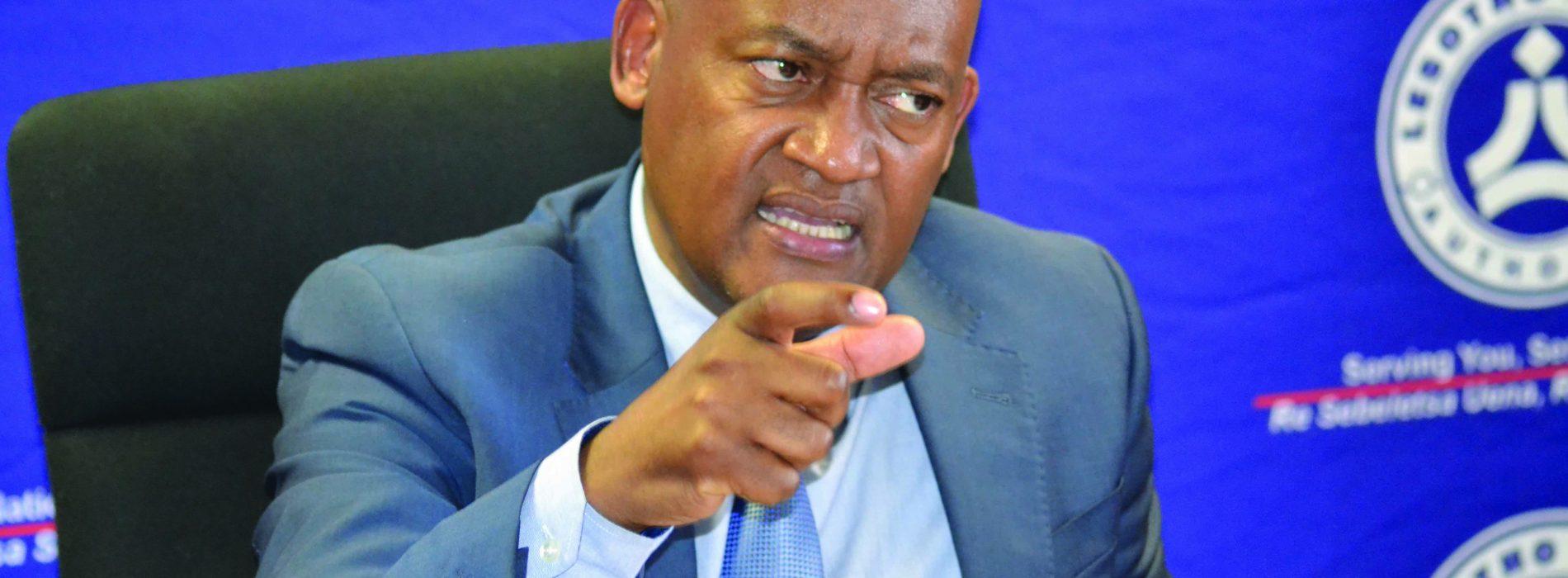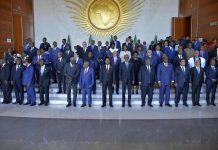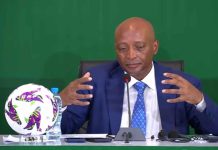Africa-Press – Lesotho. TAX regulations introduced by the South African Revenue Services (SARS) could be costing Lesotho millions in revenue as the Lesotho Revenue Authority (LRA) grapples to comply with the new rules.
While the LRA is working around the clock to align itself with the rules, it has to deal with businesses and individuals yet to wrap their heads around the new requirements.
Confusion and anger has become the order of the day at the commercial borders as LRA officers face irate businesses that are yet to understand the rules.
While the new rules have hit businesses and individuals hard it is the government that suffering the most as it losses the revenue it urgently needs to plug the gaping holes in its finances.
Lesotho could be losing millions in revenue because the SARS is rejecting tax invoices from the LRA. The LRA uses the invoices to claim VAT refunds from the SARS.
But since the new rules were introduced the LRA has had its invoices rejected because they don’t comply with SARS requirements as per the regulations passed by South Africa’s parliament in May 2014.
If the invoices are rejected it means Lesotho will not get the VAT refunds from South Africa. Revenue from VAT refunds has thus been tumbling as SARS continues to reject invoices.
For instance, in July 2017 the LRA did not get any VAT refund as SARS rejected all tax invoices. According to the regulations all invoices above M5 000 should have the name or stamp of the exporter and the name of the importer.
The importer’s address in Lesotho should be on the invoice that is endorsed by SARS officials at the port of exit. This is in addition to all other normal details that should appear on the invoice.
The 2014 regulations also require a proof of payment if the value of the goods is at least M10 000. Other requirements are as follows:
If you pay with a debit or credit card the Point of Sale (PoP) slip should be attached to the invoice.
Copies of the card used and your ID copy should also be attached to prove ownership
When Electronic Fund Transfer is used a proof must be attached
If the money has been withdrawn in South Africa an ATM slip should be attached to the invoice together with the PoP
Where cash withdrawal was done inside a bank a statement will be required.
Cash should be declared at the border and any 15 percent VAT is charged amounts above M25 000
Even if you paid through a combination of cards, cash and transfer the proof should be attached
Commissioner General of LRA, Thabo Khasipe, told a press conference yesterday the regulations have hit Lesotho hard.
“As it is with these regulations fully enforced, we are scared we are expecting a sharp decline in our refund collections,” Khasipe said.
He said trade between the two countries has also suffered. Khasipe said last year in September SARS told the LRA that it was enforcing new regulations. He said after that meeting the LRA embarked on a campaign to educate taxpayers about the new requirement.
“In the meantime we were meeting with SA trying to get them to postpone putting into motion that law but unfortunately two weeks ago we found ourselves compelled to also do as they have asked,” Khasipe said.
He said they are still in negotiations but have escalated the issue to Minister of Finance, Dr Moeketsi Majoro, because the situation is now beyond LRA’s control.
“SARS told us that only the parliament can reverse the law, they are mandated to put it into motion,” Khasipe said.
He said it is unfortunate that due to the stringent conditions enforced by South Africa LRA has resorted to making traders or buyers pay VAT at the border if their tax invoices documents don’t comply with the requirements.
Meanwhile, Lesotho importers who have payment terms with their suppliers in South Africa varying from 7/21/30/60/90 days need to attach the statement of accounts, proof of payments made through any of the methods listed under cash.
“It should be noted that submission of invoices used on credit terms has to be within the 90 days lifespan of invoices in use, otherwise submission beyond that period will nullify such invoices for refund,” Khasipe said.
“As such, the invoice will only be acceptable for VAT refund if and only when the credit amount is settled within the 90 day period,” he said.
“As a result, all goods obtained on credit now need to be zero rated because Proof of Payment (PoP) cannot be provided at the time of importation since payment has not been made.
”
Khasipe said this requires the importer to pay to LRA import VAT in cash at the borders. He said it leaves importers owing a VAT inclusive amount to suppliers despite having paid VAT to LRA.
“The importer also ends up paying VAT tax twice while awaiting a refund from LRA after providing PoP to customs having a negative cash flow impact for traders,” he said.






